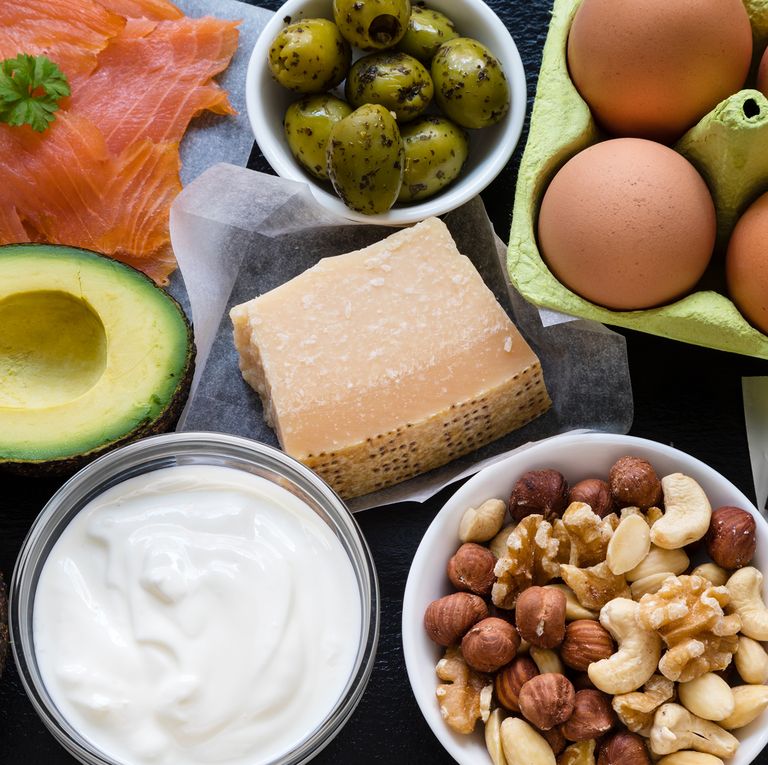
Eating more ketones may fight against Alzheimer’s disease
Dietary intervention restores protective protein and decreases death rate in mice
Date: December 9, 2019
Source: Society for Neuroscience Summary:
A ketone-supplemented diet may protect neurons from death during the progression of Alzheimer’s disease, according to research in mice.
I am a big proponent of LCHF (low carb, high fat)/ketogenic diets – this diet has worked well for myself and I have seen it provide many significant benefits in clients I work with.
No one diet will work for everyone however LCHF diets can be extremely beneficial – if not followed continuously then periodically almost like one would do a detox program.
Following is an article which appeared in Science Daily based upon a study published in the Journal of Neuroscience.
This study suggests that consumption of ketones may be protective against the progression of Alzheimer’s.
A ketone-supplemented diet may protect neurons from death during the progression of Alzheimer’s disease, according to research in mice recently published in JNeurosci.
Early in the development of Alzheimer’s disease, the brain becomes over excited, potentially through the loss of inhibitory, or GABAergic, interneurons that keep other neurons from signaling too much. Because interneurons require more energy compared to other neurons, they may be more susceptible to dying when they encounter the Alzheimer’s disease protein amyloid beta. Amyloid beta has been shown to damage mitochondria — the metabolic engine for cells — by interfering with SIRT3, a protein that preserves mitochondrial functions and protects neurons.
Cheng et al. genetically reduced levels of SIRT3 in mouse models of Alzheimer’s disease. Mice with low levels of SIRT3 experienced a much higher mortality rate, more violent seizures, and increased interneuron death compared to the mice from the standard Alzheimer’s disease model and control mice. However, the mice with reduced levels of SIRT3 experienced fewer seizures and were less likely to die when they ate a diet rich in ketones, a specific type of fatty acid. The diet also increased levels of SIRT3 in the mice.
Increasing SIRT3 levels via ketone consumption may be a way to protect interneurons and delay the progression of Alzheimer’s disease.
Story Source:
Materials provided by Society for Neuroscience. Note: Content may be edited for style and length.
Journal Reference:
- Aiwu Cheng, Jing Wang, Nathaniel Ghena, Qijin Zhao, Isabella Perone, M. Todd King, Richard L. Veech, Myriam Gorospe, Ruiqian Wan, Mark P. Mattson. SIRT3 Haploinsufficiency Aggravates Loss of GABAergic Interneurons and Neuronal Network Hyperexcitability in an Alzheimer’s Disease Model. The Journal of Neuroscience, 2019; 1446-19 DOI: 10.1523/JNEUROSCI.1446-19.2019